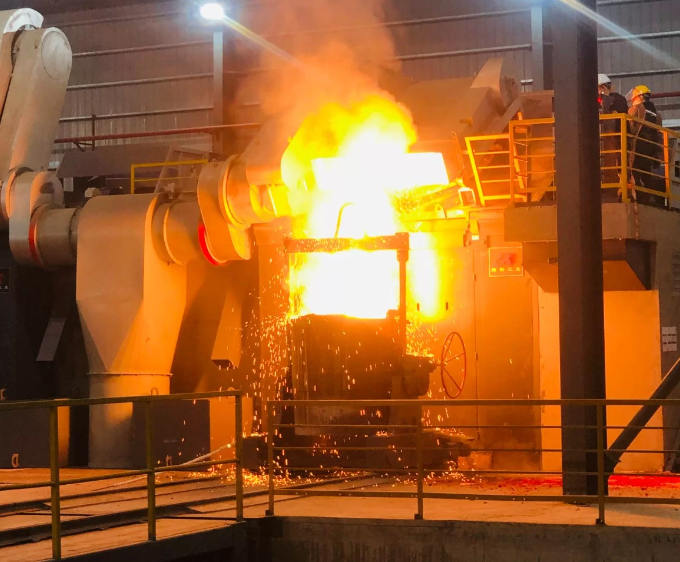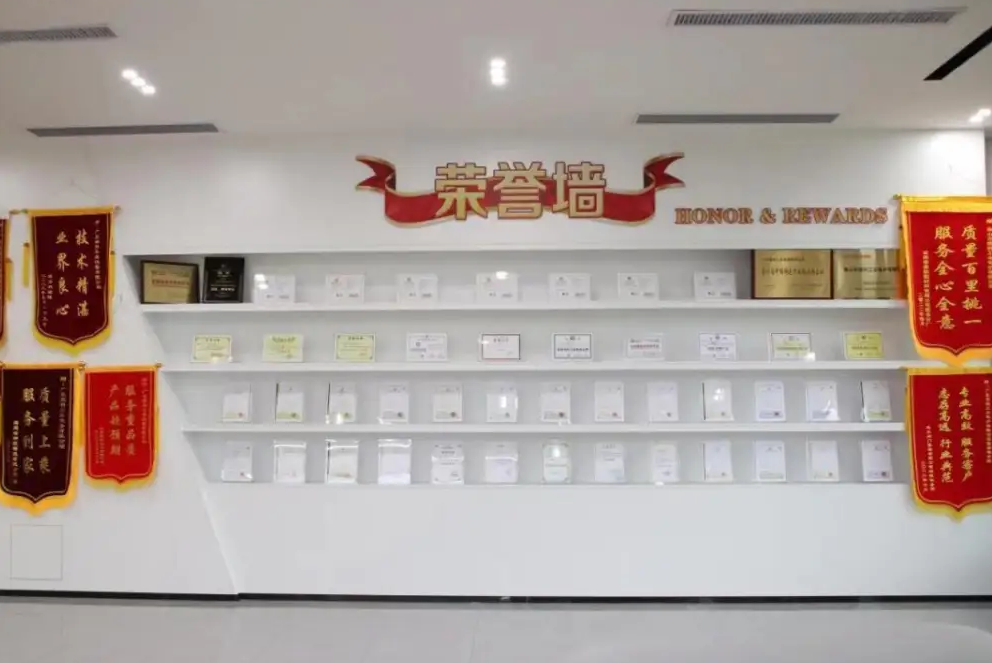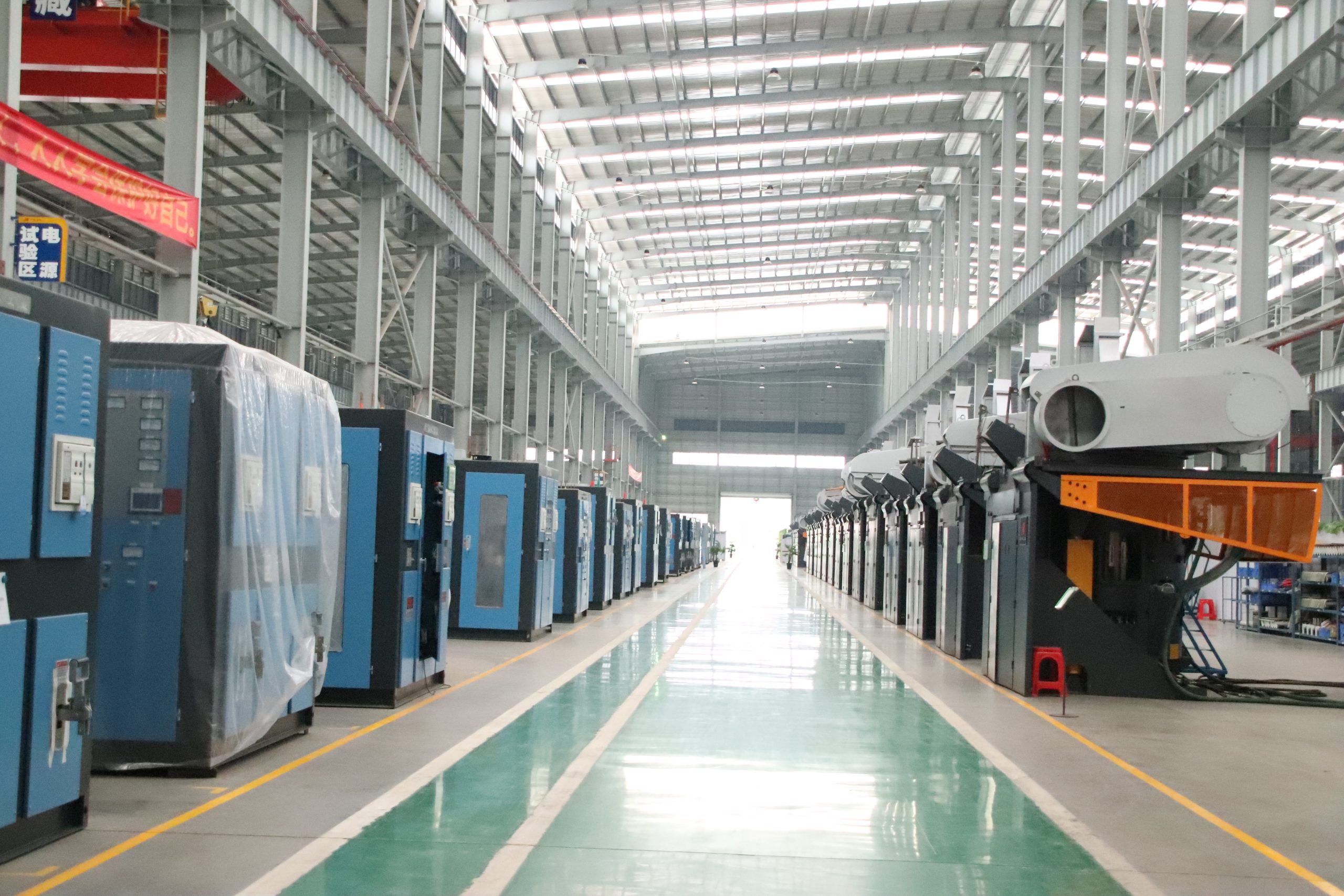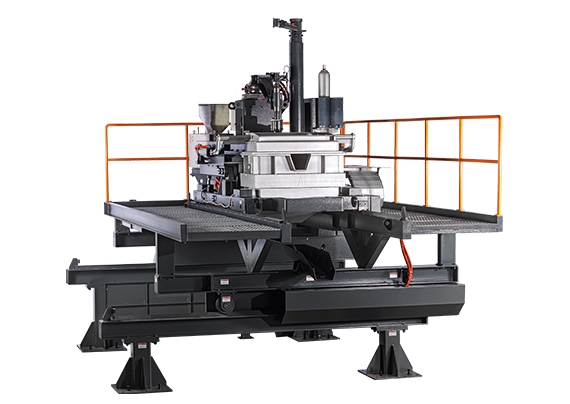The Power of Heavy Steel Shell Intermediate Frequency Coreless Induction in Industrial Heating
Industrial heating is a critical process across various industries, essential for shaping and transforming materials. One key technology in this field is the heavy steel shell intermediate frequency coreless induction furnace. This advanced furnace design incorporates interactive windows, ensuring superior quality and technology. Its material, processing techniques, and craftsmanship are industry-leading, guaranteeing safer, more stable, and energy-efficient production. This article delves into the advantages and applications of this furnace technology in industrial heating processes. With Rongke’s stringent production requirements and inspection standards, every detail is rigorously treated, ensuring customers experience first-class quality.

Understanding Heavy Steel Shell Intermediate Frequency Coreless Induction
Explanation of the Technology and Its Components
The heavy steel shell intermediate frequency coreless induction furnace is a sophisticated heating system used in industrial processes. Its components include the furnace body, coil, magnet yoke, and various safety systems. The furnace operates on the principle of electromagnetic induction, where an alternating current passes through the coil, creating a magnetic field that induces currents in the metal being heated.
Rongke IDE Full-Time and All-Round Furnace Leakage Alarm System
Rongke’s furnace is equipped with an advanced leakage alarm system that detects molten iron seepage from the furnace lining. The system triggers alarms based on the detection of leakage current and ground conductivity, ensuring prompt identification and resolution of any leakage issues.
Leading Energy Saving and Pioneering Technology
Rongke’s furnace boasts significant energy-saving features, including the use of high-grade copper for the coil and innovative magnet yoke technology. These features enhance energy efficiency, making Rongke’s furnace a cost-effective and environmentally friendly heating solution.
Magnet Yoke Technology
The magnet yoke is a critical component of the furnace, made from high-quality silicon steel sheets. It supports the induction coil and efficiently gathers the induced magnetic field, ensuring optimal heating performance. The design of the magnet yoke also facilitates balanced heat dissipation, contributing to the furnace’s long working life and maintenance-free operation.
Comparison with Other Heating Methods
Compared to traditional heating methods such as resistance heating or gas heating, the heavy steel shell intermediate frequency coreless induction furnace offers several advantages. It provides faster heating times, uniform heating, and greater energy efficiency, making it ideal for a wide range of industrial applications.
Benefits of Heavy Steel Shell Construction
The heavy steel shell construction of Rongke’s furnace offers durability and stability, ensuring safe and reliable operation. The robust construction also helps to contain heat effectively, reducing heat loss and improving overall energy efficiency.
Advantages of Heavy Steel Shell Intermediate Frequency Coreless Induction
Efficient Heat Containment with Minimal Loss
The heavy steel shell of the furnace effectively contains heat, minimizing heat loss during heating. This efficiency ensures that more energy is utilized for heating materials, leading to cost savings and enhanced productivity.

High Power Density and Even Heating
The furnace’s design enables high power density, allowing it to produce intense heat in a small area. This capability facilitates quick and uniform heating of materials, resulting in improved processing times and consistent heating outcomes.
Versatility in Heating Various Metals and Materials
The furnace can heat a wide range of metals and materials, including ferrous and non-ferrous metals, alloys, and other industrial materials. This versatility makes it suitable for diverse industrial applications, from melting metals to heat treatment processes.
Environmentally Friendly and Energy Efficient
The furnace’s energy-efficient design, combined with its ability to quickly and uniformly generate high temperatures, makes it environmentally friendly. By minimizing heat loss and reducing energy consumption, the furnace helps companies reduce their carbon footprint and comply with environmental regulations.
Applications in Various Industries
Metalworking Industry
The heavy steel shell intermediate frequency coreless induction furnace finds wide application in the metalworking industry. It is used for forging, heat treatment, and melting processes. In forging, the furnace provides the necessary heat to shape metal parts. During heat treatment, it helps modify the properties of metals for enhanced strength and durability. Additionally, the furnace is instrumental in melting metals for casting and other manufacturing processes.
Automotive Industry
In the automotive industry, this furnace is utilized for various heating processes. It is commonly used for welding, brazing, and annealing operations. Welding and brazing require precise and controlled heating, which the furnace provides efficiently. Annealing, on the other hand, involves heating metal to a specific temperature and then slowly cooling it to soften it and improve its ductility.
Aerospace Industry
The aerospace industry relies on the furnace for composite curing and preheating applications. Composite materials used in aerospace applications often require specific heating profiles for curing, which the furnace can provide. Preheating of materials is also crucial in aerospace manufacturing to ensure uniformity and reduce the risk of thermal stress during subsequent processes.
Other Industries
Beyond metalworking, automotive, and aerospace industries, the furnace has applications in various other sectors. In the food processing industry, it can be used for heating and sterilizing equipment. In semiconductor manufacturing, it can be utilized for processes requiring controlled heating. Its versatility and efficiency make it a valuable asset in a wide range of industrial applications.
Success Story of Rongke
Foshan Huifu Science and Technology Co., Ltd.
Foshan Huifu Science and Technology Co., Ltd., a large group company with diversified operations, ordered a 10t series one-to-two electric furnace melting system from Rongke in 2019. This system was intended for the production of steel products. Throughout the service period, Rongke provided integrated and humanized services, including design, production, installation, commissioning, personnel training, and follow-up visits. Rongke tailored the engineering plan to meet the customer’s product quality requirements and existing resources, leading to high praise from the customer.
Impact on Production Efficiency
The implementation of Rongke’s furnace system at Foshan Huifu Science and Technology Co., Ltd., significantly improved production efficiency. The furnace’s ability to quickly and uniformly heat materials resulted in faster processing times and increased output. This efficiency enhancement positively impacted the company’s overall operations and competitiveness in the market.
Recognition and Expansion
As a result of the successful collaboration with Rongke, Foshan Huifu Science and Technology Co., Ltd., has expanded its operations and product offerings. The company’s reputation for high-quality steel products has grown, leading to increased demand and market share. Additionally, the company’s recognition as a designated delivery warehouse of the Shanghai Futures Exchange further solidifies its position in the industry.
Future Trends and Innovations
Emerging Technologies in Heavy Steel Shell Intermediate Frequency Coreless Induction
The future of heavy steel shell intermediate frequency coreless induction technology is likely to see advancements in efficiency, precision, and automation. Innovations such as enhanced control systems, improved coil designs, and better insulation materials are expected to enhance performance and reduce energy consumption further. Additionally, developments in materials science may lead to the use of new materials with superior heat resistance and durability, further improving the reliability and lifespan of these furnaces.
Potential Advancements in Industrial Heating Processes
Future trends in industrial heating processes may include increased integration of digital technologies for real-time monitoring and control. This could lead to more precise heating profiles, reduced energy waste, and improved product quality. Additionally, advancements in heat recovery systems and renewable energy integration could further enhance the sustainability of industrial heating processes.
Final Thoughts
The heavy steel shell intermediate frequency coreless induction furnace is a cornerstone of modern industrial heating processes, known for its efficient heat containment, high power density, and versatility. It is a crucial tool in industries ranging from metalworking to aerospace, as demonstrated by the case studies showing improvements in production efficiency and product quality. Looking forward, the technology’s future looks bright, with advancements in control systems, materials, and automation expected to enhance its performance and sustainability. These developments will not only boost efficiency but also reduce energy consumption and environmental impact. As industries progress, this furnace remains a leader in innovation, playing a pivotal role in shaping the future of industrial heating processes with its reliability, efficiency, and adaptability.
Recent Posts
-
Top Features of Rongke Electric Furnace Cooling System for Optimal Industrial Performance
December 17, 2024 -
Why Choose Rongke: The Best Industrial Furnace Manufacturers for High-Temperature Needs
December 17, 2024 -
Top Benefits of Automatic Batching and Feeding Systems for Industrial Operations
December 17, 2024





